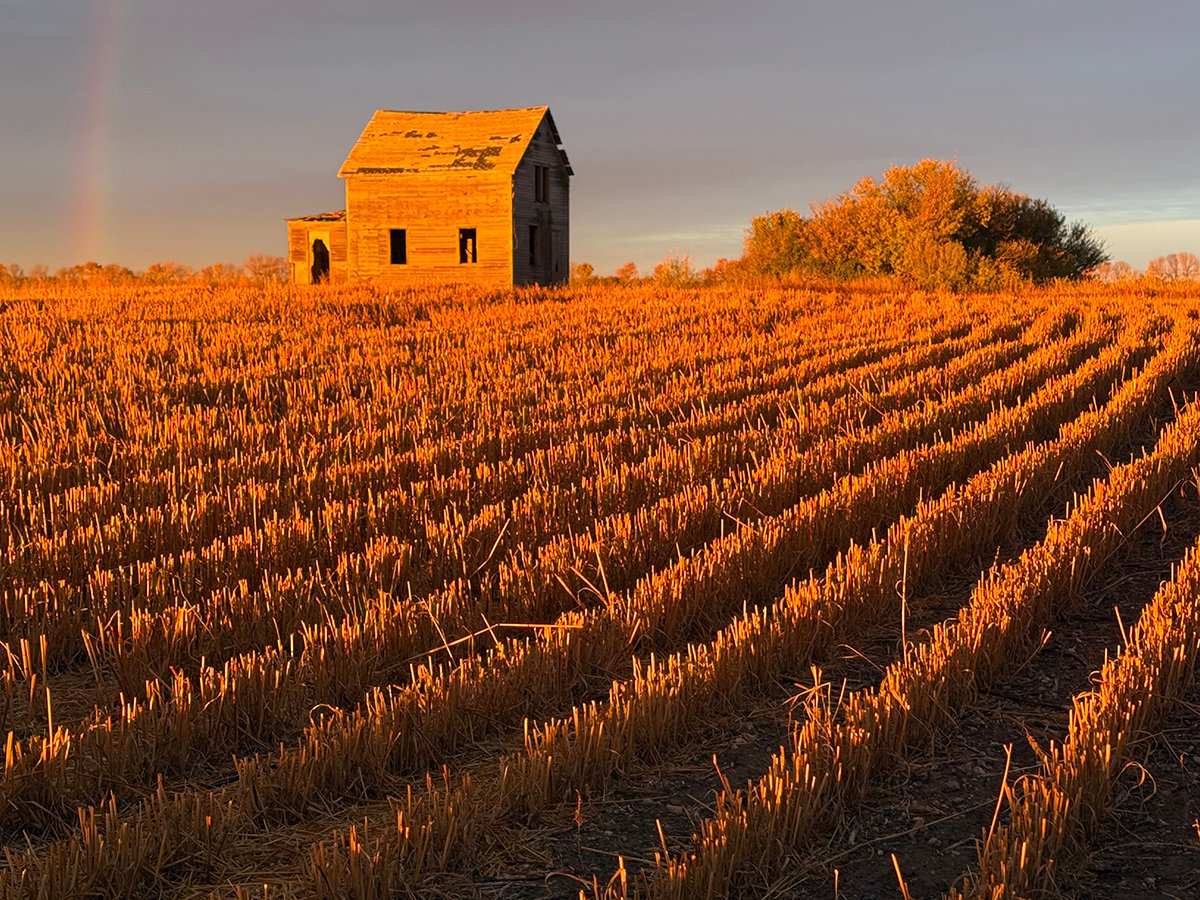FAIRVIEW, Alta. – There’s not much that farmers and ranchers don’t know about raising beef, but producers from northwestern Alberta’s Peace River district are realizing they have a lot to learn about meat.
When Candace Holleis set up a makeshift booth using a table, an old bed sheet and cardboard in her local High Prairie grocery store, she was surprised at the interest from customers.
“They were glad to know the meat was coming from local farmers,” said Holleis.
She and her husband Siegfried are members of the newly formed Peace Country Premium Beef, a co-operative of 12 farmers who have joined to sell beef from their combined 4,200 head of cattle directly to consumers and retailers.
Read Also

Forecast leans toward cooling trend
July saw below average temperatures, August came in with near to slightly above average temperatures and September built on this warming trend with well above average temperatures for the month.
Holleis spent five days at the grocery store during the meat promotion week, chatting to consumers and promoting the benefits of naturally raised beef.
“We’ve got to get out there and shake hands and kiss babies,” said Holleis, whose family has more than 1,000 feeder cattle on its farm near High Prairie, Alta.
Greg Griffin, a member of the beef group from Whitelaw, Alta., said he too has received a crash course in the meat industry. One of the group’s members arranged for the sale of beef from 40 animals in northern Alberta IGA stores. It was deemed a success, but the producers were soon shoved aside by a large feedlot.
“We’re learning quickly the meat industry is very cutthroat,” said Griffin, who added the group has since focused its attention on selling beef through smaller family-run grocery stores.
“The big grocery chains aren’t interested. They couldn’t care less about the family farm.”
The decision to establish Peace Country Premium Beef wasn’t made just because of the BSE discovery in Canada, but it gave producers the added incentive to get established and promote their beef.
More importantly, the group wanted to find a way to raise beef on family farms and sell it for a premium price.
Since January the group has sold 60 to 70 head under its Premium Beef banner. Their goal is to sell 200 head a month.
Using strict guidelines, the group hopes to produce uniform meat suitable for both producers and consumers. The beef has no hormones or growth promotants, no general antibiotic use and no antibiotics in the last 100 days on feed. Cattle are fed only plant-based protein and the group is able to trace an animal from the grocery store to the farm where it was born.
Like Holleis, the group is learning that consumers want to talk to the farmer or rancher that produced the beef and are willing to pay more for the product.
“They want that tie in back to the family farm,” said Griffin, who added the co-op is modelled on Oregon Country Beef, a co-operative of 40 Oregon ranches. It started by selling beef from three naturally raised animals a week but now can barely keep up with the demand.
The Alberta producers have also learned that consumers don’t necessarily want organic beef, just the knowledge that the animal is raised in a healthy environment, treated humanely, is a safe product and was raised on a family farm.
“People want to support the family farm,” said Griffin, who backgrounds cattle on his Whitelaw farm.














